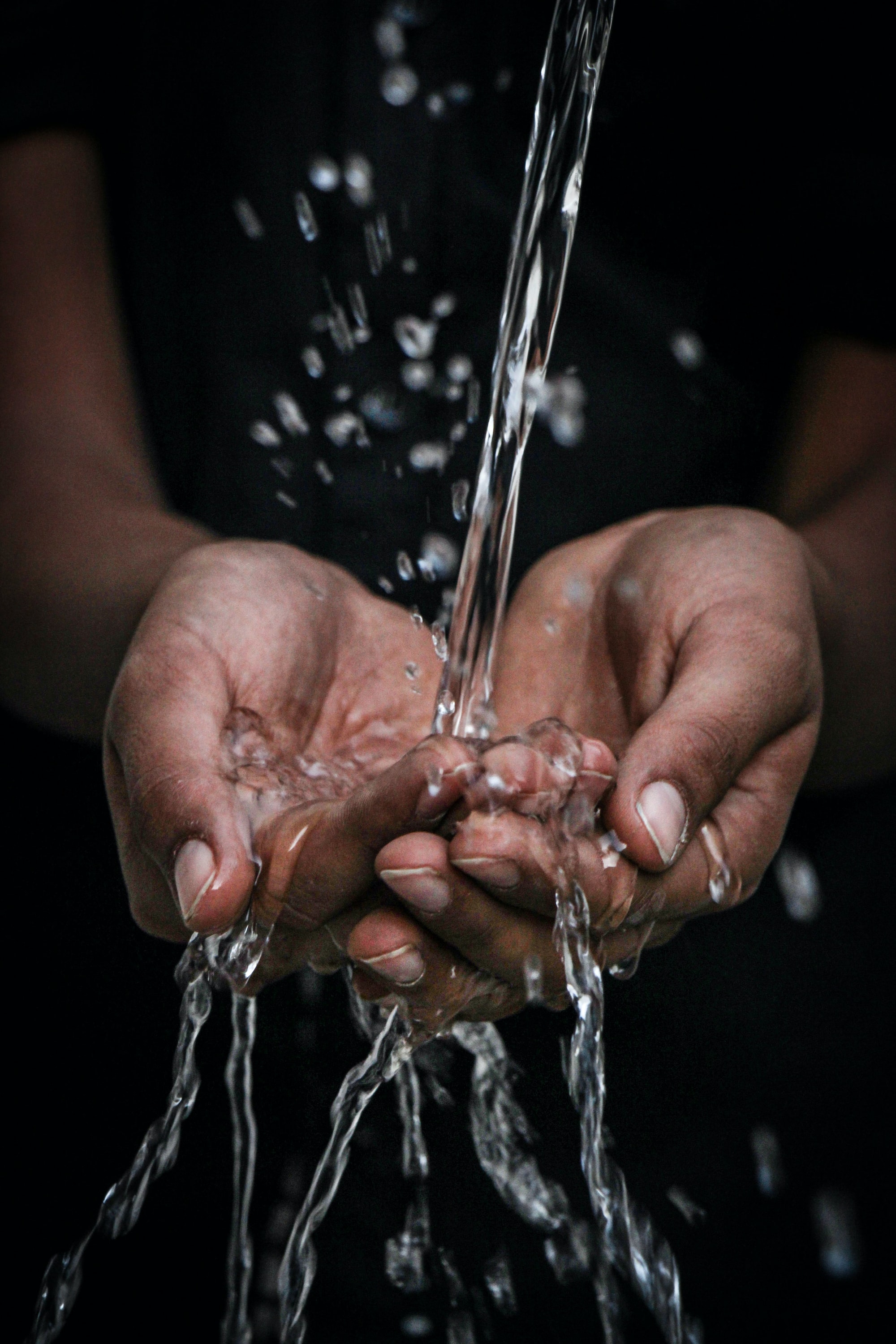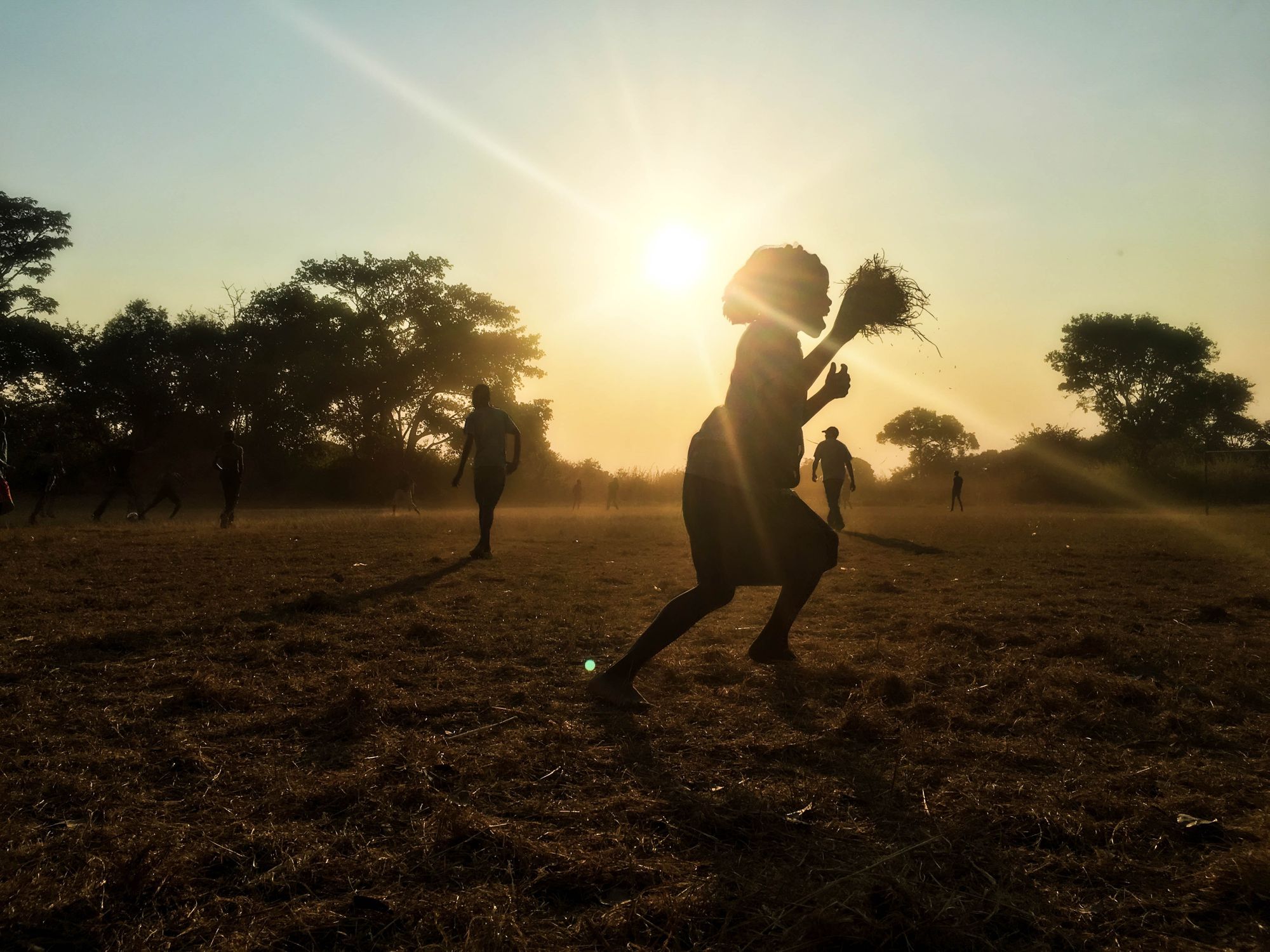
World Water Day is acknowledged annually across the globe on March 22 to highlight the importance of water and raise awareness about the water crisis that the world faces if corrective measures aren’t put in place soon.
For some Zambians, the day was celebrated in style following the commissioning of a US$150,000 worth industrial borehole to provide clean water to 40,000 households and industries in and around Lusaka’s George Compound.
The borehole project, funded by one of the greatest brewers in the world, Zambian Breweries (ZB), was implemented in conjunction with Lusaka Water Supply and Sanitation Company (LWSC). It was founded as a part of ZB:s cholera and COVID-19 response strategy. The project aims to improve access to clean water and sanitation in places where people with high needs.
The project made an industrial borehole and put a 3.4 kilometers long pipeline in place, resulting in a production of 20 liters of water per second.
“Sustainable access to clean water is essential to building healthy communities and thriving businesses,” says Zambian Breweries Corporate Affairs Director Ezekiel Sekele in a press release.

“However, this vital commodity is becoming increasingly scarce in many parts of the country – particularly low-income areas like George compound.”
Climate change a part of the problem
Population growth and the continuous flow of people moving into the cities contributes to the increasing problem of shortage of safe water.
“On top of this, disruptions to the natural water cycle driven by the effects of climate change threaten to push the already strained system over the edge, which could prove especially dangerous amid the COVID-19 pandemic and the constant threat of waterborne diseases.” says Sekele.
“It is for this reason that Zambian Breweries decided to make water conservation a key pillar of our business strategy. As the country’s largest brewer, we believe we are responsible for promoting industry-led water stewardship efforts across the country. We are proud to be one of the country’s leading private sector firms helping communities have access to clean water”.
Zambia’s Minister of Water Development, Sanitation and Environmental Protection Raphael Nakachinda commented: “I wish to reiterate that it is universally acknowledged that water is life and sanitation is health, but I can add it is also about dignity. Therefore, this project is very important to the survival and viability of the people of George compound and surrounding areas”.
Clean water essential for health
According to the UN, 1 in 3 people live without safe drinking water, and by 2025: half of the global population will be living in areas where water is scarce.
Poor water, sanitation, and hygiene (WASH) are the main causes of cholera and diarrhea infections. Inadequate WASH continues to be the leading cause of death of children under five in sub-Saharan Africa. Girls and women are particularly affected by poor WASH conditions. The drudgery of hauling water leads to loss of productivity and but also leisure time because people sometimes need to travel far to get access to such facilities. The lack of toilets negatively impacts people’s sense of dignity.
Zambia’s high rate of child stunting (35 percent) is in part a result of poor sanitation — research indicates that adequate sanitation can decrease the risk of stunting. In Zambian schools, lack of access to adequate water supply, sanitation, and washing facilities negatively affects students and contributes to high dropout rates, especially among girls. With separate toilets for girls and boys and privacy for menstrual hygiene management, girls are more likely to remain in school, delay pregnancy and marriage, and have stronger employment opportunities.
According to Zambia’s 2018 Demographic and Health Survey (DHS), 33 percent of the population use a basic sanitation service (41 percent in urban areas, 28 percent in rural areas), 10 percent of the population practices open defecation (1 percent in urban areas, 16 percent in rural areas) and 24 percent of the population has access to basic hygiene services, i.e., a handwashing facility with soap and water (36 percent urban areas, 15 percent rural).
Next up in Zambian Breweries mission
Zambian Breweries are already planning the next project to attain access to clean water for more people in Lusaka and other parts of the Southern African country.




